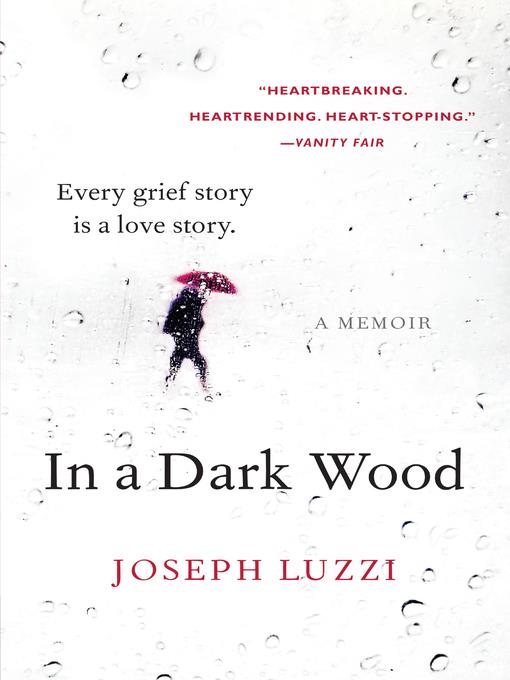
In a Dark Wood
What Dante Taught Me About Grief, Healing, and the Mysteries of Love
کتاب های مرتبط
- اطلاعات
- نقد و بررسی
- دیدگاه کاربران
نقد و بررسی

April 13, 2015
Luzzi (My Two Italies), a professor of Italian at Bard College, plunges into a familiar classic he had often taught and studied—Dante’s Divine Comedy—that suddenly took on a heartbreaking new resonance after the death of his young wife. In November 2007, Luzzi was in
his late 30s, living in Tivoli, N.Y., with Katherine, who was nine months pregnant. He felt he was finally on his way professionally and personally when tragedy struck. A car accident took Katherine’s life, yet the baby she carried survived; within a few hours Luzzi found himself both a widower and a new father to a daughter, Isabel. In a narrative that would seem contrived coming from someone less immersed in the language of Dante, Luzzi attests that reading the exiled 14th-century Florentine author at this crucial juncture “gave me the language to understand my own profound sense of displacement.” Like Dante’s epic poem, Luzzi’s narrative moves structurally through the stages of the Underworld, from Hell into Paradise; instead of having Virgil as his guide, Luzzi enlisted his family, namely his old-world mother, Yolanda, to care for Isabel. Yolanda’s help was a godsend but also at times got in the way of his emotional connection with his new daughter. Naturally, Katherine serves as his own Beatrice. Luzzi honestly grapples with profound questions about being a man and father in this very literary and very personal work.

March 1, 2015
Dante serves as a guide through a landscape of sorrow.In November 2007, Luzzi (Italian/Bard Coll.; My Two Italies, 2014, etc.) faced a cataclysmic change in his life: his wife, eight and a half months pregnant, was killed in a car accident; his daughter, born prematurely, was fighting for her life. As he struggled with grief, guilt, and loneliness, Dante's works, which he had long been teaching, "gave me the language to understand my own profound sense of displacement. More important, they enabled me to connect my anguished state to a work of transcendent beauty." In this frank and engaging memoir, Luzzi demonstrates a deep knowledge of Dante's life and writing, interweaving the poet's experiences with his own. He admits feeling numb after the accident, unsure of his ability to be a father and emotionally detached from his infant daughter. As much as he missed his wife, he yearned to find another love; self-protectively, he buried himself obsessively in teaching and scholarship. Dante suffered similarly, condemned to exile, mourning the death of his beloved Beatrice, and devoting himself obsessively to poetry. Luzzi is not proud of turning over his daughter's care to his selfless 77-year-old mother and sisters, for him "the path of least resistance" that allowed him to return to the classroom and, nearly a year into widowerhood, to begin a relationship. With his competent female relatives willing to raise his daughter, he decided he couldn't face "the drudgery [and] grinding rhythms of focusing exclusively on a child." He had never, he confesses, considered what child care responsibilities he would have had if his wife had lived. When his first relationship ended, he embarked on a desperate search for a companion, meeting women through online dating sites, which was a dispiriting experience. It took years before he found a new love and embraced his role as a father. A forthright chronicle of emergence from darkness.

























دیدگاه کاربران